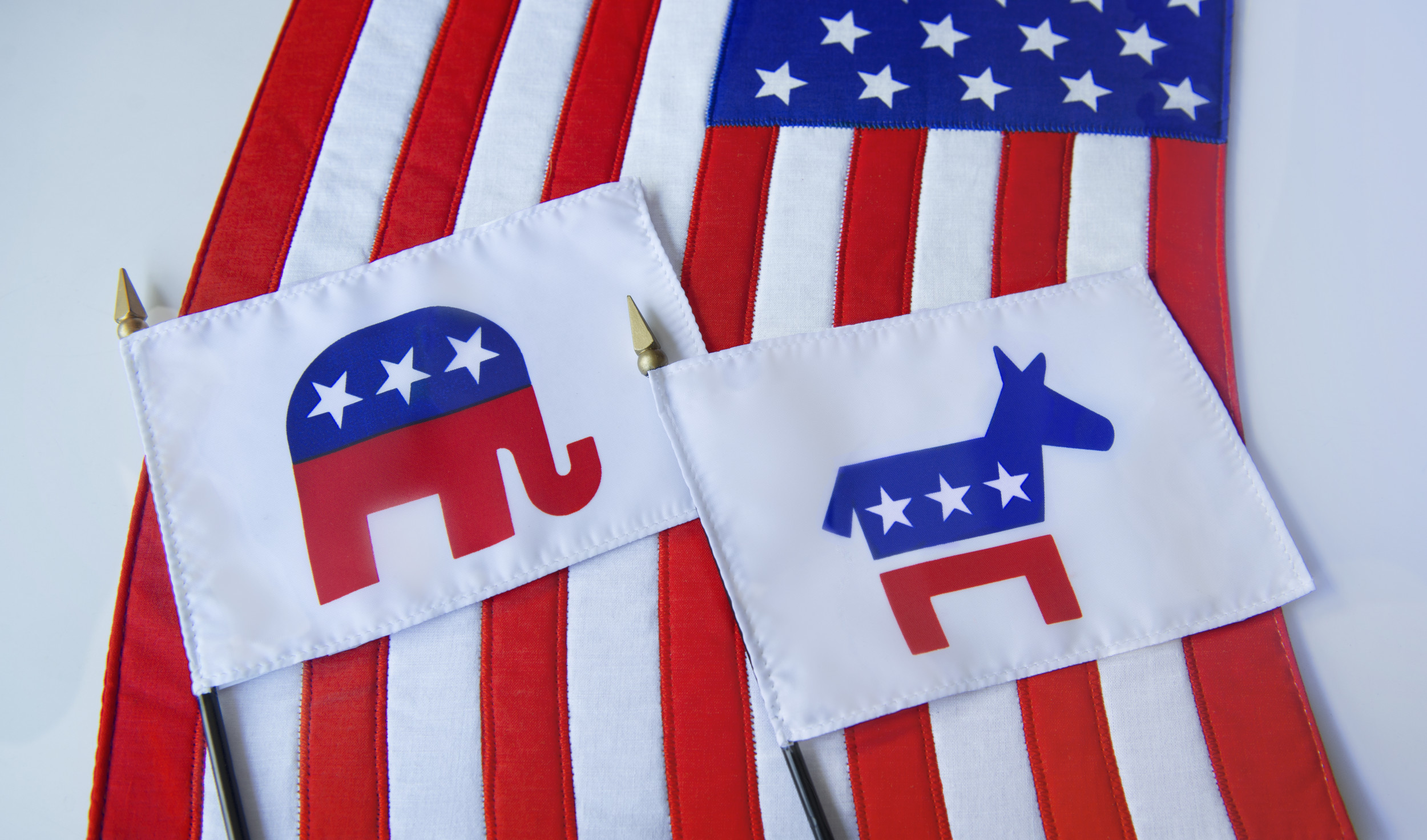By Kishla Askins
War leaves marks鈥攐n landscapes, on bodies, and on hearts. As a naval officer, I served in combat zones where survival depended on more than tactics. It depended on trust as a foundation. Without it, even the strongest force can fall apart.And now on U.S. soil, I’m watching trust erode.Across America, our civic foundation is cracking. Election workers are facing threats and intimidation. Law enforcement agencies are being politicized. Public servants鈥攕chool board members, health officials, and judges鈥攁re targets of harassment. In some cases, the National Guard has been deployed to U.S. cities without a governor’s request. ICE raids are sweeping through communities without due process or transparency.Violence against first responders or our fellow citizens is never acceptable. We need policies that protect people and uphold public trust by removing violent criminals without putting American lives at risk, creating a clear and fair path to citizenship for those living here without legal status, and restoring our international partnerships and immigration system with real, bipartisan solutions.Democracy Fails Where People Feel ForgottenI’ve seen what happens when trust erodes up close. As a health care provider, I looked into the eyes of patients who needed more than treatment plans. They needed to know someone cared. As a public servant and citizen, I’ve walked neighborhoods where the wounds weren’t caused by bombs but by years of being unseen and unheard.Across the country, people are tired. Tired of division. Tired of being talked at instead of listened to. Tired of leaders making promises while communities are left behind. But beneath that exhaustion is a deeper longing鈥攏ot just for better policy, but for something more fundamental, and that is the restoration of trust.The Limits of Force vs. Power of PresenceWar teaches the limits of force鈥攚hat can’t be won without weapons. Lasting peace is built through relationships. It’s the same in public life. The loudest rhetoric won’t rebuild what’s broken. But humility, presence, and shared purpose might.In the military, we call that soft power鈥攊nfluence earned through credibility and values. It’s what builds coalitions abroad, and it’s just as vital here at home. A trusted neighbor may de-escalate tension faster than a patrol car. A local leader who shows up consistently may do more than any press release.At the national level, soft power begins with civic trust. And right now, that trust is dangerously low. Threats of election violence are rising. In some states, armed groups are showing up at polling places. In others, public officials are resigning in fear. These are not signs of healthy democratic debate. They are red flags.If we want to rebuild trust in one another and in our democracy, we must carry three battlefield truths into public life:1. Shared hardship builds stronger bonds.After 9/11, it wasn’t politics that united us鈥攊t was need. First responders ran into danger. Strangers helped strangers. People lined up to serve. After every natural disaster, we see this again and again. No one asks about political affiliation. They ask, “How can I help?”What if we brought that same urgency to the civic threats we face now like disinformation, institutional distrust, and division?2. Service is the antidote to polarization.In uniform, I served beside people from every background. We didn’t always agree, but we trusted each other. Our lives depended on it. That same mindset can save our civic discourse. Whether mentoring a student or volunteering at a food bank, service reconnects us. It reminds us what we share.3. Trust is built by actions, not titles.People don’t trust leaders because of what they say. They trust those who show up, tell the truth, and stay present, especially when it’s hard. Trust is behavior, repeated.This isn’t a call to militarize communities. It’s a call to draw from the best lessons of service including the cost of disconnection, the power of presence, and the stakes of principled leadership.In war, when power is used without understanding, the damage is physical and psychological. In civic life, the damage may be quieter, but it’s just as lasting. It weakens communities, erodes mental health, and fractures the trust our democracy depends on. We can’t afford to see this moment as someone else’s responsibility. Protecting democracy is not the job of politicians alone. It’s the work of all of us.Rebuilding trust won’t be easy. But it is possible. If we bring the discipline, humility, and sense of mission we carried in uniform to our communities, we can build something even more powerful than military victory鈥攄emocracy strong enough to survive this era鈥攁nd worthy of our service, our sacrifices, and our trust.Kishla Askins is a retired combat veteran and 30-year military officer, as well as a former deputy assistant secretary at the Department of Veterans Affairs, committed to principled leadership for our country and communities. The views expressed in this article are the writer’s own.
